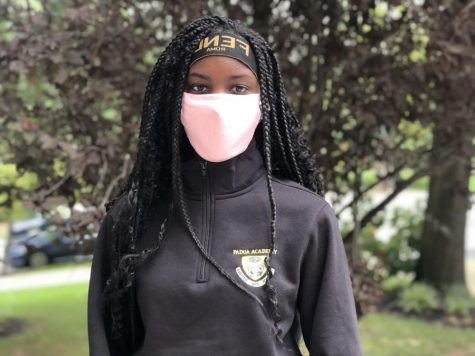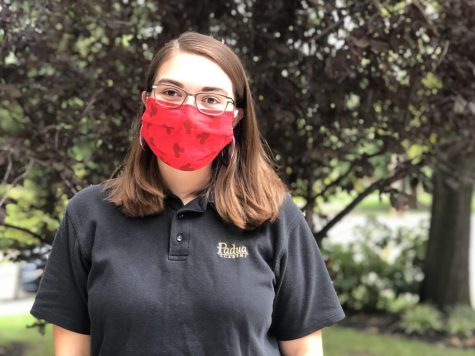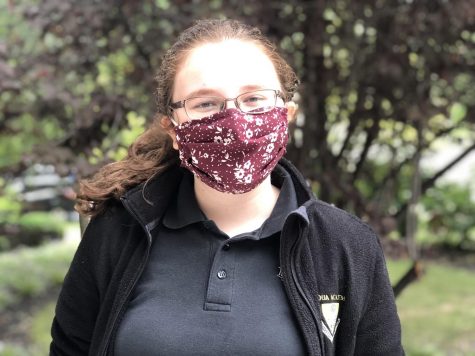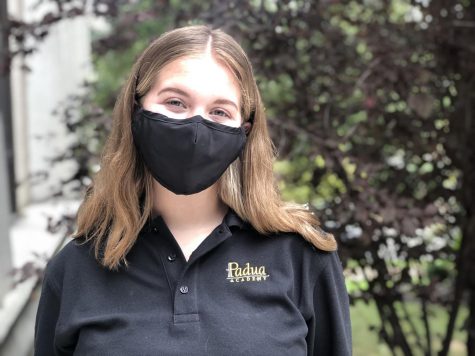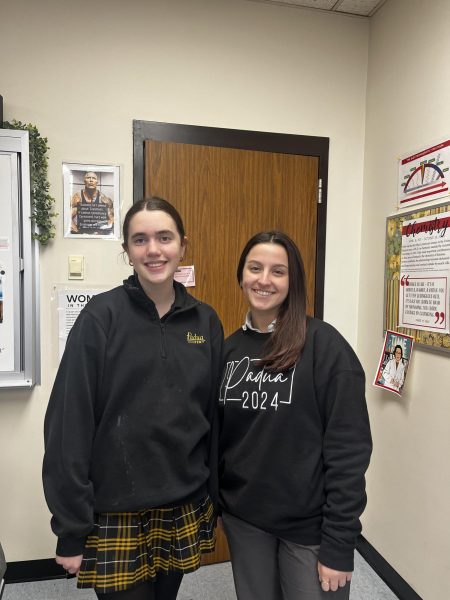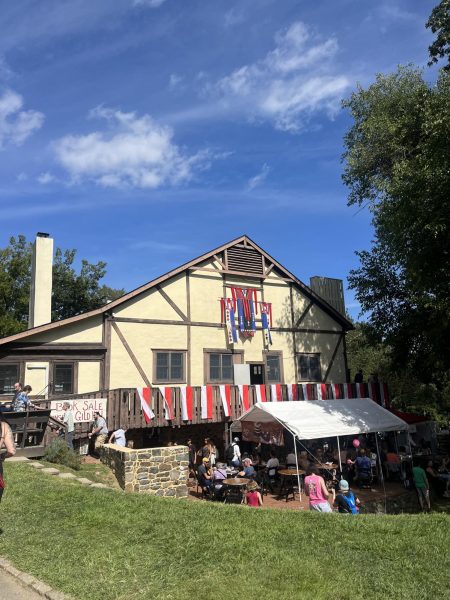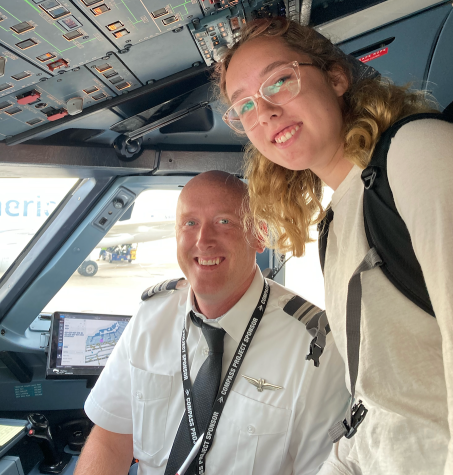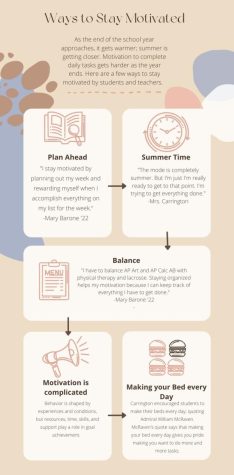On the Frontlines: What It’s Like Being a Nurse During COVID-19
“I wear the [suit] the entirety of my 12 hour shift, and it makes it very hard to breathe,” said Elizabeth Musa of her experience as a New York travel nurse during the coronavirus pandemic. COVID-19 first arrived in the United States in February of this year, and by March, all fifty states and four U.S. territories reported cases of COVID-19. Of the over four million worldwide cases of the virus, the United States has 1.4 million confirmed cases, and around 82,000 deaths. The pandemic has hit the healthcare system, including trans healthcare and those involved in it, hard.
The hospital Musa works at admitted its first COVID-19 patient back in March. However, the hospital did not assign her to the designated COVID unit because they could not provide a mask that would safely fit her.
“The mask was too small, and so working with a coronavirus patient would have put me at risk,” she said. “The equipment has to fit perfectly for you to be admitted on that floor.”
Even still, nurses and doctors on all floors of the hospital are required to wear protective [suits], gloves, and masks. Describing the conditions at the hospital, Musa said, “…people are waiting at each door to help you get the [gear] on and off properly. You can’t wear your own uniform on the COVID unit, can’t take your cell phones or any personal belongings, and you can’t drink or eat on the [COVID] unit. We take frequent and long breaks with support, and pray and encourage each other.”
Although some choose to remove their masks to eat throughout the shift on other floors, Elizabeth refuses to do so, citing the fact that she doesn’t want to put her family at risk.
“I have a family to go home to. Maybe the mask is all that’s protecting me and my family from COVID exposure, and I don’t want to put anyone at risk,” she said.
Wearing the protective gear for such long hours has its drawbacks. When Musa returns home, she is careful to take a shower before coming in contact with her family. She sometimes finds herself having breathing problems due to wearing a mask for such a prolonged amount of time.
“Wearing a COVID-19 mask for a long time actually limits your oxygen intake,” Musa explained. “You breathe in more carbon dioxide, which can be very dangerous.”
Although there are some things Musa would change about the way her hospital has handled the outbreak, such as better disposal techniques of contaminated equipment, she feels much safer than she did when COVID patients were first admitted.
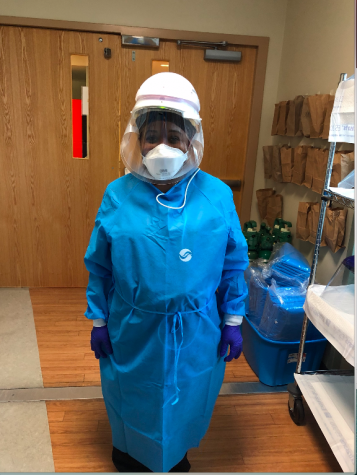
Elizabeth Musa wearing the protective gear required at her hospital. She wears this gear and mask her entire twelve hour shift to protect herself from exposure to COVID-19.
Other nurses haven’t fared so well. Nancy Barry, a nurse who works in Pennsylvania, contracted COVID-19 in April. She believes she was exposed to it by a patient, as her hospital also admitted coronavirus patients over the past few months. Since then, she has stayed at home, resting and trying to recover from the virus.
“It’s difficult,” she said of her fight with the virus. “I’ve been trying to sleep and take medicine and hopefully get better soon, and keep my family safe of course.”
Unfortunately, Barry’s husband and two children also contracted the virus shortly after she did. The whole family is at home resting and staying in quarantine, trying to make a safe recovery soon.
For some nurses, the distance they must travel also puts them at risk. Sally Feika, who has been a nurse for over 30 years, travels over an hour to get to work each day. This difficult commute has been complicated by the COVID-19 pandemic and the restrictions that quarantine has imposed.
“It’s hard to get to work each day, because the commute is so long and difficult and there are restrictions on travel,” Feika said. “I just try to do my best because there are still bills to pay.”
Feika’s hospital, as with most hospitals in the United States, is taking precautions to protect the nurses that work there. They wear protective suits and masks, and the COVID unit is heavily restricted to protect the patients and the medical personnel that work there. Even still, Feika is scared.
“You know, it’s very scary to work in such close proximity to the COVID virus. Especially for me, since I’m a lot older, the virus will be a fight if I catch it. I just take my precautions and pray everyday that I will be safe.”
Admittedly, a large part of the COVID pandemic is out of the control of healthcare workers. They the unseen forces at the forefront of the battle against the coronavirus, risking their lives everyday to protect their communities and their country from a virus that still isn’t fully understood, and yet has wreaked havoc on American lives.
As Musa put it, “We don’t do it for recognition, or for a ‘thank you’. We do it because we love our patients with everything we have, we love our co-workers, and we love our job. All I can do is pray and hope God will keep us and this country safe.” So for others out there who also aspire to be of service, institutions like the allied health career schools may help that become a possibility.

